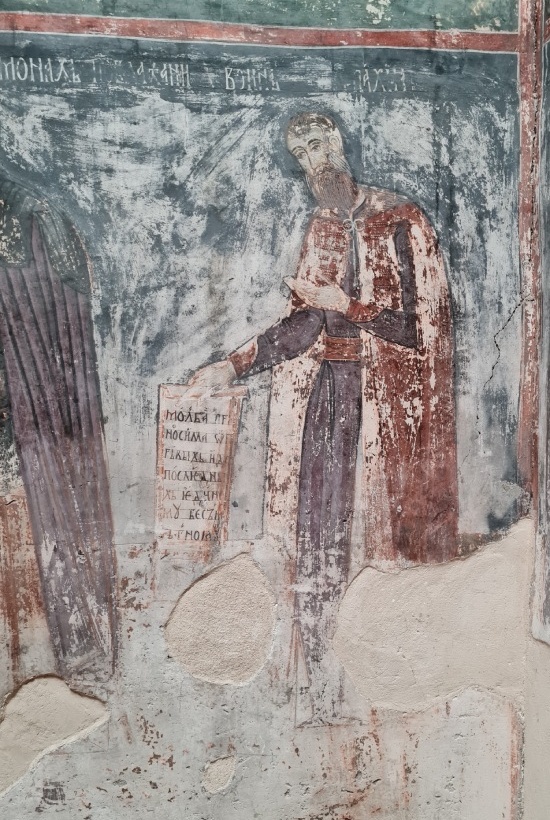
The NOBILITY project seeks to explore the adaptation and transformation of Serbian medieval nobility under Ottoman rule into the early modern Christian elites, their position vis-à-vis the changing imperial confessional politics, as well as their strategies in the construction of a new noble identity. Noblemen in the service of the Serbian rulers were not simply annihilated by the new masters and did not, for the most part, migrate after the conquest, as was assumed heretofore. Some became members of the inner circles of the sultanic court bringing their pre-Ottoman cultural, intellectual and linguistic baggage to the very center of the Ottoman power. Many noblemen entered the sultan’s service by becoming high or low-ranking military commanders or bureaucrats; or kept their previous social and economic status as military fief-holders or provincial lessees of state revenues. Through analysis of mostly unstudied primary sources – documentary material (registers of fief-holders, lessees of mines and mints, cadastral surveys); aristocratic churches, graves, and manor houses; paintings with preserved portraits and inscriptions; instances of texts written in the Serbian language by the use of Arabic script in epistolography, language-learning textbooks, administrative and literary genres – this project aims to transform the way in which the role of the Christian elites in the Ottoman state has been viewed by academia and the general public.